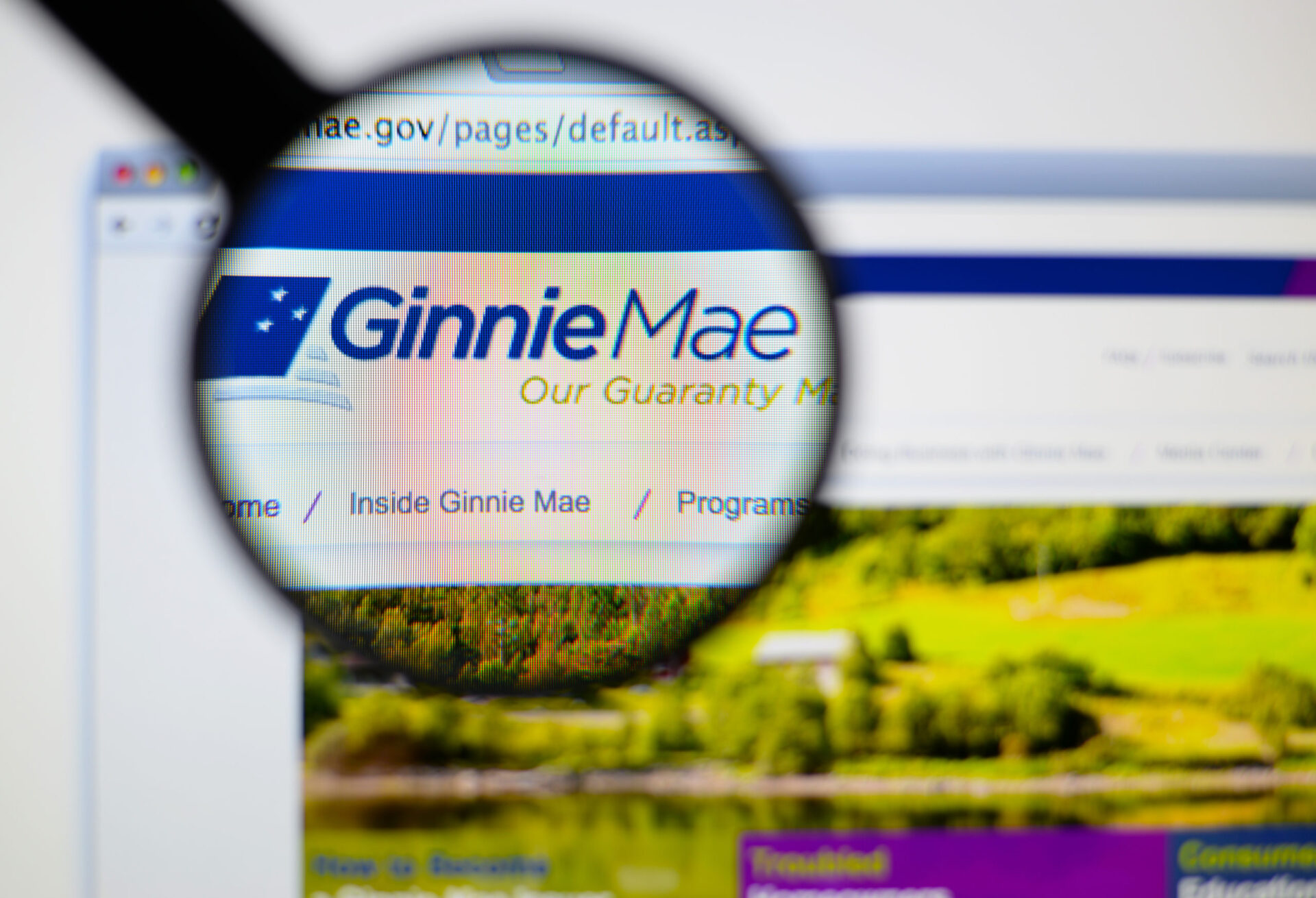Ginnie Mae announced late Friday that it is implementing an assistance program for lenders whose customers aren’t able to make mortgage payments due to economic hardships caused by the coronavirus pandemic.
The Pass-Through Assistance Program (PTAP) is designed to support mortgage lenders facing a temporary liquidity shortfall directly due to the national emergency. The program will allow mortgage issuers to seek assistance in “meeting their contractual obligation to make timely and in full principal and interest payments due mortgage-backed security holders without being held in default under the Ginnie Mae Guaranty Agreement.”
Funds advanced to lenders by Ginnie Mae will bear a fixed rate of interest.
“This is an extraordinary and last resort option for Issuers in these unprecedented times, that will enable them to continue to serve homeowners and renters in America who rely on the government mortgage programs financed by Ginnie Mae,” Ginnie Mae Principal Executive Vice President Seth Appleton said. “As important, this program underscores Ginnie Mae’s commitment to ensure timely payment of scheduled principal and interest to investors holding our MBS in all market conditions.”
Lenders are expected to begin to face liquidity challenges starting Wednesday as they need to pay creditors for loans they carry. The problem is nearly 16 million people have applied for unemployment over the last three weeks, and huge numbers of borrowers are seeking forbearance on their mortgages.
Forbearance allows borrowers with a federally backed mortgage to put off payments for at least six months if they suffer economic hardship during the pandemic under the $2 trillion CARES Act.
Forbearance requests grew by 1,270 percent between the week of March 2 and the week of March 16, and another 1,896 percent between the week of March 16 and the week of March 30, according to the Mortgage Bankers Association. The share of loans in forbearance grew from 0.25 percent to 2.66 percent between March 2 and April 1.
